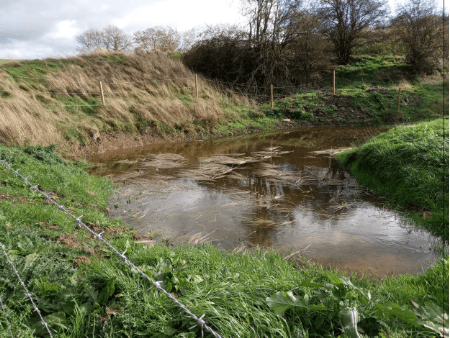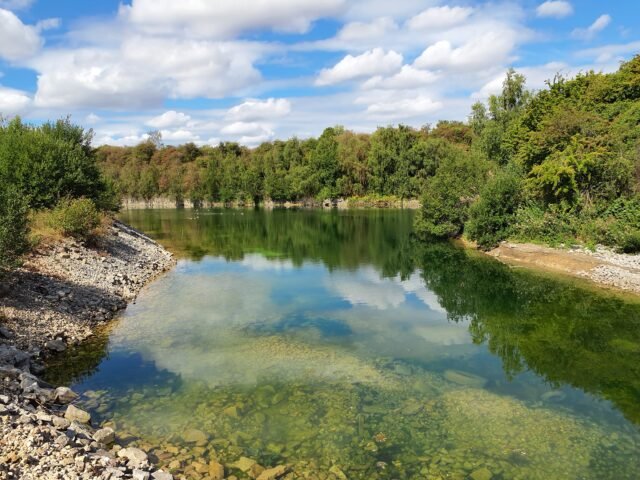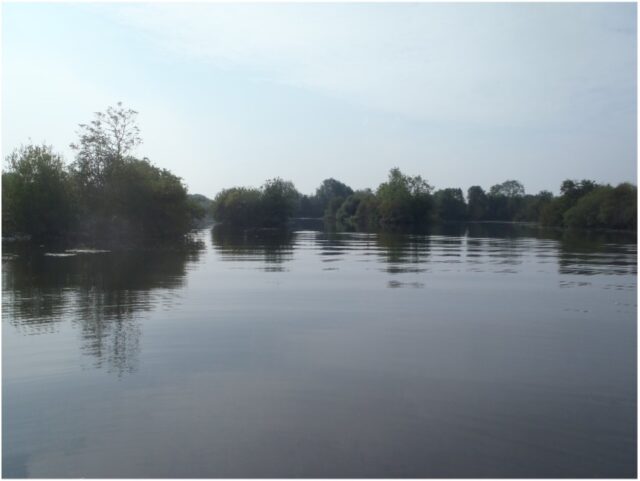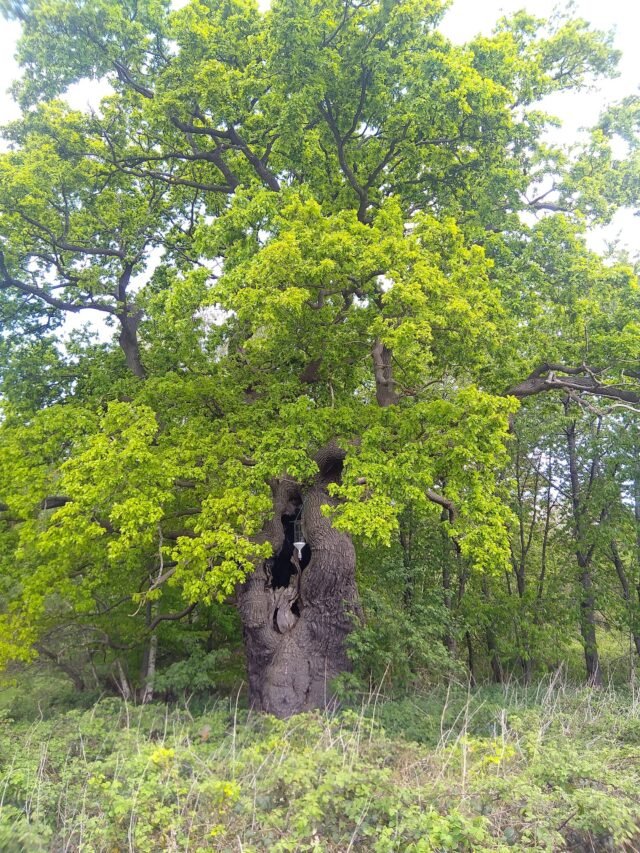
East Midlands Environmental Consultancy (EMEC) is one of a select number of ecology consultants appointed as a key habitat delivery partner for Natural England on a project to create or restore much needed ponds to provide habitat for great crested newts (GCN) as part of a scheme called District Level Licensing (DLL).Despite being protected under UK and EU law, over the last 60 years, GCN have been in dramatic population decline due to agricultural intensification and building development.
Since 1900, an estimated 50% of the UK’s ponds have been lost, reducing the availability of suitable GCN habitat. District Level Licensing aims to mitigate against the loss of further ponds to create new networks of interconnected ponds that will provide the required habitat conditions to attract GCN and help rebuild the number of GCN present across the UK. As part of our role as a habitat delivery partner, EMEC has the remit to work with local landowners, councils and Wildlife Trusts to identify potential sites within Strategic Opportunity Areas (SOA) and create ponds which will attract and support population of GCN throughout Leicestershire, Nottinghamshire, and Suffolk.
As a Habitat Delivery Body, EMEC are paving the way as a consultancy involved in an important, national conservation project. By creating new habitat, EMEC are further offsetting habitat lost through other developments. Unlike the traditional licensing methodology that focus on keeping GCN out of development site, District Level Licensing focuses at a population level creating compensation habitat, allowing for a greater biodiversity impact.
Since 2020, EMEC has successfully built or restored 104 ponds:
- 51 in Leicestershire, with a further 30 currently in progress
- 53 in Suffolk, with a further 35 currently in progress
Working directly on behalf of Natural England, provides EMEC with the opportunity to engage with multiple different stakeholders such as councils, LPA’s, NGO’s and landowners. This provides EMEC with a strong understanding of how assessments of development are carried out at local authority level and understand the national conservation strategy to consider the effects of development and improve the conservation status of GCN. Working on such a project provides EMEC’s employees with a deeper understanding of the work of DLL and its conservation benefits. EMEC’s ecologists have been briefed on the scheme and understand when to suggest DLL as a licensing method and as an opportunity for landowners to enhance their biodiversity.
Why are ponds so important?
- Ponds can provide vital clean freshwater in the farmed landscape
- Ponds can be wonderful habitats for aquatic wildlife including plants, invertebrates, amphibians, fishes, birds and mammals
- Ponds provide refuge for over two thirds of Britain’s rarest freshwater wetland invertebrates
- Good ponds act as stepping stones that allow species to move through the landscape



